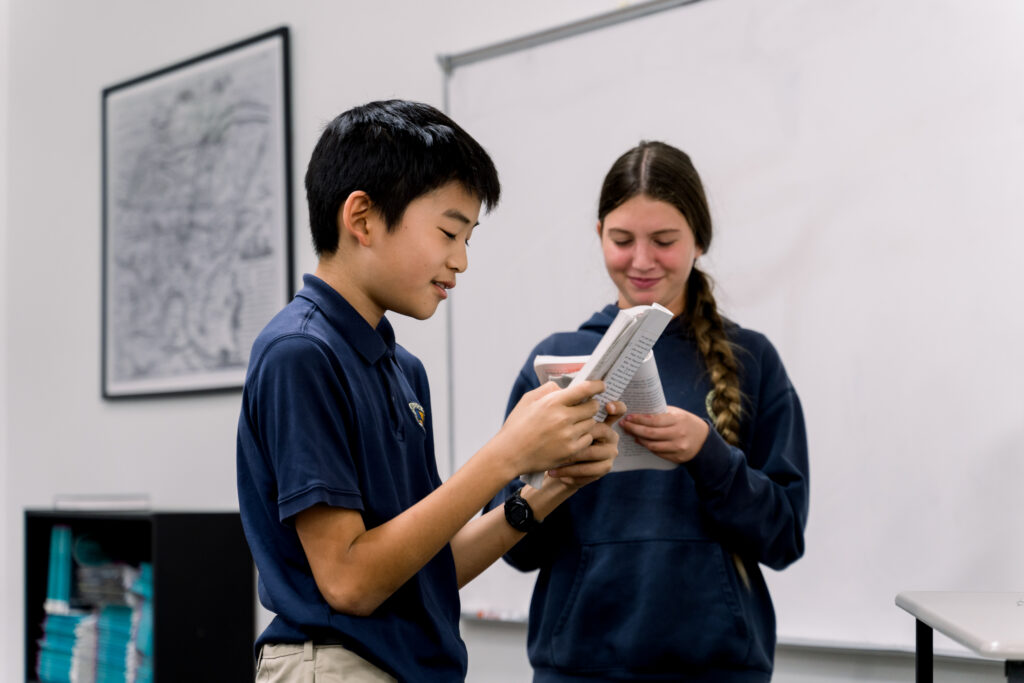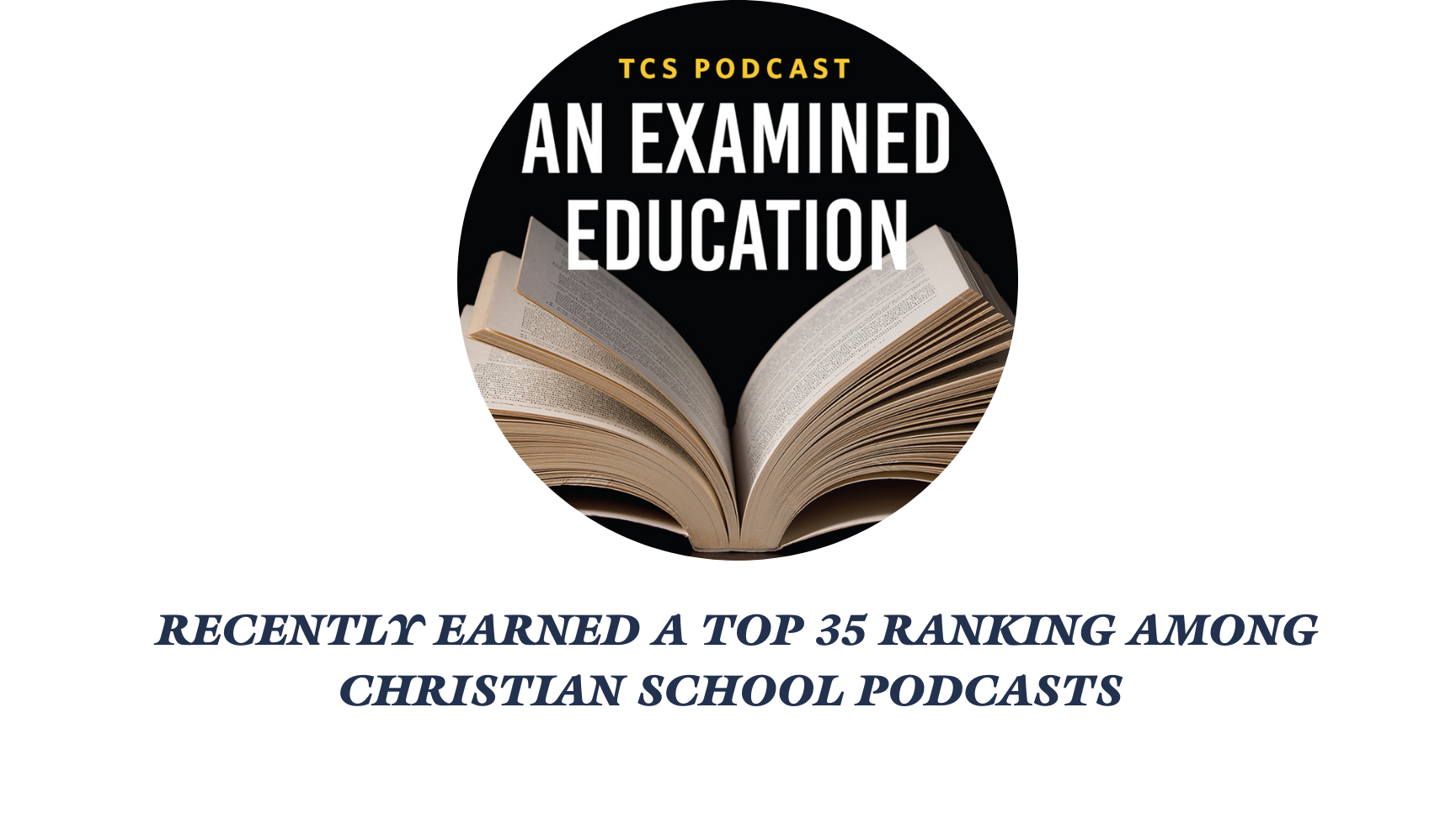
Introduction
How does one define a great book? At Cambridge, we explore the timeless qualities that make great books resonate across generations, going beyond mere age. These are the works that, in compelling ways, pose questions and explore ideas transcending specific times, places, or people. Our definition relies on captivating narratives, ensuring that exploring these questions stays relevant and enriching for students.
Epistemic and Axiological Questions in Modern American Literature
Literary eras can be examined as movements, each with dominant questions that shape the narratives of authors. During the modernist era, inquiries delve into the epistemic realm, exploring what we know, how we attain that knowledge, and its reliability. In modern American literature, novels grapple not only with epistemic questions but also axiological inquiries—questions concerning value, what is valued, and the sacrifices made for those values.
Unraveling Epistemic Questions in “The Great Gatsby”
“The Great Gatsby” serves as a literary journey into epistemic questions as the narrator himself addresses reliability. Author, F. Scott Fitzgerald weaves a framed narrative, a story told within one by the narrator. This connects to the broader theme of who holds the authority to tell a story and what we can reliably glean from those narratives. Additionally, the novel delves into axiological questions, forcing readers to ponder the values that characters hold and the compromises they make for those values. While reading, our educators aim to cultivate students’ ability to discern reliability and understand a narrator’s responsibility in storytelling.
Faulkner’s Exploration of Fundamental Knowledge in “The Sound and the Fury”
Moving slightly forward in time, William Faulkner’s “The Sound and the Fury” explores fundamental knowledge, one’s own experience, and how that can be communicated. Faulkner begins the novel by employing stream-of-consciousness narration through a character with cognitive deficiencies, revealing a fragmented picture of reality. The novel continues to move through multiple narrations within a family, underscoring the complexity of understanding reality through varied experiences. Faulkner’s work delves into the relationship between epistemic and axiological questions, demonstrating how what we know is often influenced by what we value. Students engaging with this text grapple with different evaluations of the same events, encouraging them to consider valuing the right principles when navigating the complexities of reality.
Conclusion
As students engage with these novels, there is an emphasis on the cultivation of critical thinking. We guide them in discerning reliability through context clues and exploring a narrator’s responsibility to present a believable story. Our approach introduces the complexity of narrator reliability and responsibility, instilling in students the importance of thoughtful analysis and integrity. Through great books, our students become not only knowledgeable individuals but also compassionate, discerning contributors to the environments in which they explore.
Resources
Interested in hearing more? Cambridge’s very own, ‘An Examined Education,’ recently earned a top 35 ranking among Christian School Podcasts! Make sure to listen to our newest episode, which offers more details regarding how we define great books at Cambridge.
Schedule a tour to witness thoughtful discussions, and the power of an education rooted in the wisdom of great literature.

